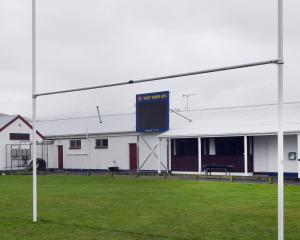Prof Durie is a psychiatrist and a University of Otago medical graduate who recently stepped down as deputy vice-chancellor at Massey University.
He was back in Dunedin this week giving a keynote address to more than 180 people at Otago University's second annual Hui Poutama, a Maori research symposium.
It would not always be "comfortable" living at the interface.
"On the other hand, the opportunities are enormous."
The wider Maori and New Zealand community expected research to be useful, and he urged the need for "translational" merit, in conveying new research knowledge to wider society.
"Not everyone reads a PhD thesis," he added.
In a wide-ranging address, lit by flashes of humour, Prof Durie paid tribute to earlier leaders in Maori research, but did not want to put "too much weight" on the shoulders of today's academics.
An important way they could contribute to Maori and national development was by promoting a "holistic", integrated and collaborative approach, bringing together different academic disciplines, as well as different agencies, sectors and iwi groups.
Considerable progress had already been achieved.
There had been relatively few Maori academics in universities 30 years ago, but many more researchers were now engaged in a wide range of disciplines.
The gathering was led by Otago University Maori academic staff, who showed examples of their research and teaching innovations.












